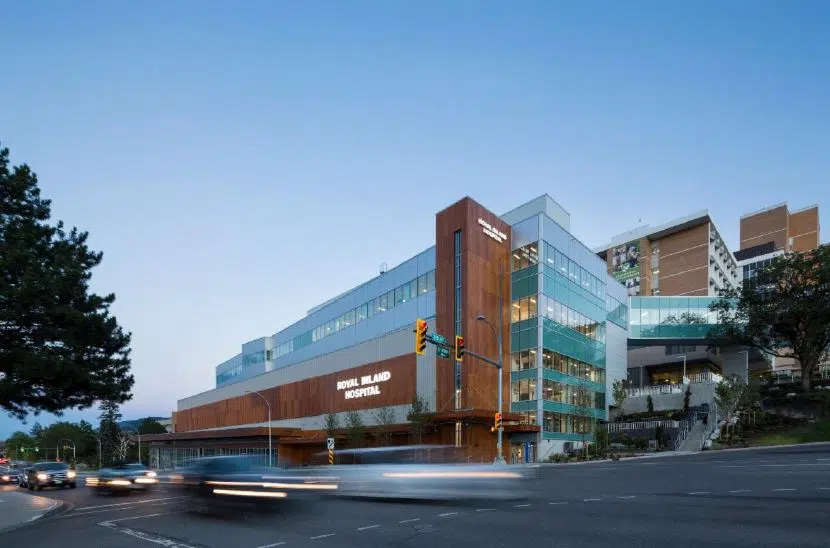
With over 7,800 publicly posted healthcare-related jobs vacant across BC’s five health authorities, the BC Hospital Employees Union (BC HEU) suggests it’s clear that staffing shortages have been a big issue for a long time.
BC HEU Spokesperson Mike Old, says the already prevalent issue has been compounded by the COVID-19 pandemic.
“We know from our polling that one out of three of our members are looking to leave healthcare within the next two years just because of the level of burnout they have been facing.”
As of August 31, Interior Health had 1,832 available jobs, Frasier Health had 2,069; Coastal Health had 886, Island Health had 1,764 and Northern Health had 1,277 healthcare jobs waiting to be filled on their websites. All of which had positions ranging from casual, to part-time and full-time.
Old describes the staffing shortages seen across the province as a very serious situation.
“With every vacancy, there is in the healthcare system, usually means there is a healthcare worker who is working a double shift or working on the weekend and this just adds to the stresses and strains we are facing in our healthcare system.”
Addressing that the crisis, as Old suggests, is not one solution fix. He explains several things that need to be done to get the healthcare system under control.
“We really need to bring all of the tools together to try and resolve this so we have a healthcare system that is sustainable going forward.”
While Old suggests recruitment and retention incentives are crucial to ensure the healthcare system is sustainable going forward, he adds they are complex and it’s not something that will happen overnight.
“We need to make sure we have the right type of compensation and benefits that will keep experienced workers in the system and recruit new workers going forward,” he said.
“We need to make sure we are training enough healthcare workers to fill the available jobs and of course, you cannot train a healthcare worker overnight and you need a bit of lead time to do that.
He explains COVID is also still contributing to the ongoing staffing shortage.
“COVID is not over, and we are finding that there are pretty high levels of sickness-related vacancies in the healthcare system that’s putting pressure on everybody.”
As emergency departments across the region also face ongoing diversions and closures, including the Clearwater Emergency Department which most recently shut its doors for 23 straight nights due to staffing shortages.
He adds the system-wide problem with a lack of healthcare staff is often felt more intensely in rural communities.
“In order to fix the problems that we are facing at smaller rural healthcare facilities, we need to take on the challenges we face across the province which is a lack of trained healthcare workers to fill these jobs.”
The shortages come as the nine-union Facilities Bargaining Association (FBA), representing more than 60,000 hospital and long-term care workers, reached a tentative agreement late on Thursday, September 1, with the Health Employers Association of BC (HEABC).
In a statement, HEU says the three-year agreement includes compensation improvements with inflation sensitive wage increase and measures to tackle staffing shortages and worker burnout.
HEU secretary-business manager Meena Brisard says the settlement provides for inflation-sensitive wage increases and other compensation improvements with a focus on recruitment and retention efforts.
“We’ve secured major new investments in training and education and a commitment to hiring thousands of new workers. This will provide our members with career mobility, reduced workloads, and more secure work which is key to addressing the staffing crisis we face today.”
The tentative agreement was reached after 65 days of talks which began in February.














